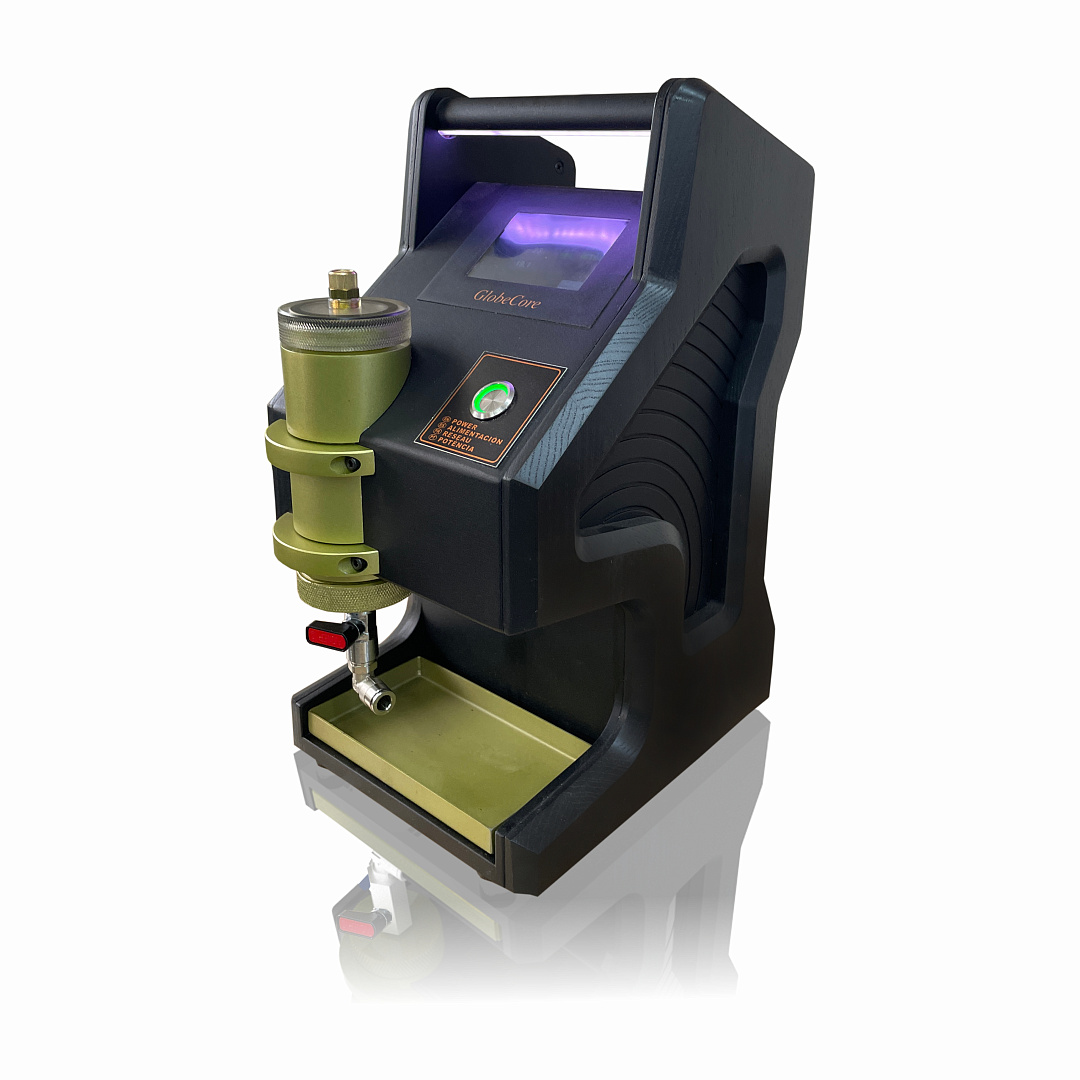Diesel purification
What metrics are used to assess Diesel Fuel Purification Systems Performance?
- This topic has 1 reply, 2 voices, and was last updated 1 year, 4 months ago by .
Answers
-
October 5, 2024 at 7:12 am by Karen Carter
Assessing Diesel Fuel Purification Systems Performance involves several key metrics that evaluate the system’s effectiveness and efficiency. Contaminant Removal Efficiency measures the percentage of particulates, water, and chemical impurities removed from the diesel fuel, indicating the purifier’s capability to deliver clean fuel. Flow Rate assesses the volume of fuel processed per unit of time, ensuring the system can handle the required fuel demand without causing pressure drops. Pressure Drop Across Filters evaluates the resistance introduced by the filtration process, with lower pressure drops indicating more efficient filtration. Fuel Quality Improvement is tracked through parameters such as reduced particulate count, lower water content, and enhanced cetane number, confirming the system’s impact on fuel cleanliness. Energy Consumption measures the power usage of the purification system, with lower energy consumption reflecting greater efficiency. System Reliability and Downtime track the frequency and duration of system failures or maintenance, with minimal downtime indicating higher reliability. Maintenance Frequency and Costs assess how often components like filters need replacement and the associated costs, with fewer replacements indicating better performance. Purifier Throughput measures the total volume of fuel purified over a specific period, ensuring the system meets operational demands. Return on Investment (ROI) considers the cost savings from improved fuel quality and reduced engine wear against the system’s operational and maintenance expenses. Emission Reductions track the decrease in harmful emissions due to cleaner fuel combustion, aligning with environmental standards. These metrics collectively provide a comprehensive evaluation of Diesel Fuel Purification Systems Performance, ensuring optimal fuel quality, system efficiency, and operational reliability.



